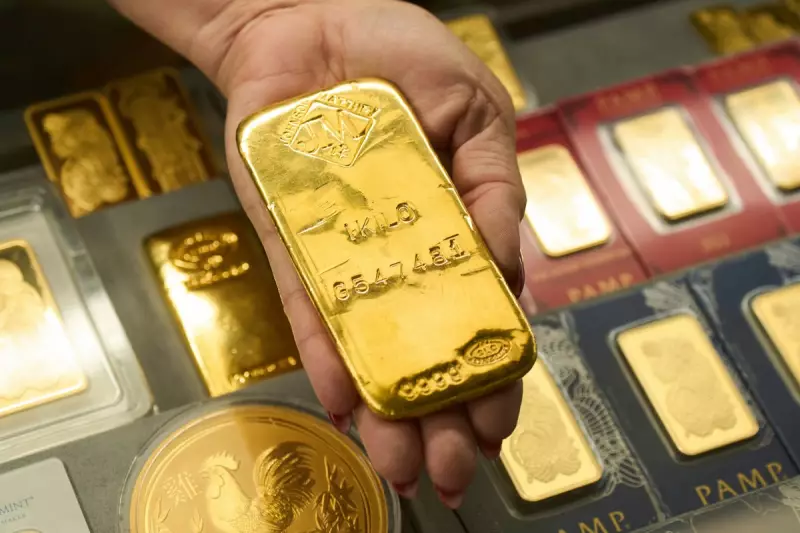
An explosive financial investigation has uncovered Donald Trump's covert business relationships with China-linked entities through the secretive investment vehicle Mercury International, raising serious questions about potential foreign influence during his time in the White House.
The Hidden Financial Network
Financial documents obtained by The Independent reveal that the former US president maintained substantial financial connections to companies with deep ties to the Chinese government and Communist Party affiliates. These relationships, carefully concealed from public view, operated through the obscure investment firm Mercury International during Trump's political ascendancy.
The investigation exposes how Trump's financial interests intersected with Chinese state-connected enterprises at the very time he was shaping America's foreign policy toward Beijing. This discovery challenges his public stance on China and raises ethical concerns about divided loyalties.
New York Regulatory Scrutiny Intensifies
New York financial regulators have launched a comprehensive examination of Mercury International's operations and its connections to Trump's business empire. The probe focuses on potential violations of disclosure laws and whether foreign entities gained inappropriate access to American political leadership through financial channels.
According to sources familiar with the investigation, authorities are particularly interested in transactions that occurred during Trump's presidential campaign and early administration period. The timing of these financial dealings suggests they may have coincided with critical policy decisions affecting US-China relations.
Political Fallout and Ethical Questions
The revelations about Trump's Chinese financial connections through Mercury International have ignited fierce debate among ethics experts and political opponents. Many are questioning whether these relationships created conflicts of interest that influenced White House policy decisions regarding trade, technology transfers, and geopolitical strategy.
Legal experts note that while business relationships with Chinese companies aren't inherently illegal, the failure to properly disclose these ties while serving as president may constitute ethical violations. The Mercury International connections represent yet another layer in the complex web of Trump's international business interests that have drawn regulatory and public scrutiny.
As the New York investigation continues, the Mercury International case underscores ongoing concerns about transparency and foreign influence in American politics. The findings could have significant implications for how future presidential candidates are required to disclose their international financial connections.





